We would like to invite you to the latest research seminar of the Creative Technology Research Centre.
Title: Spheroid of Performance, Algorithm and Speculative Nature in Spatial Texture
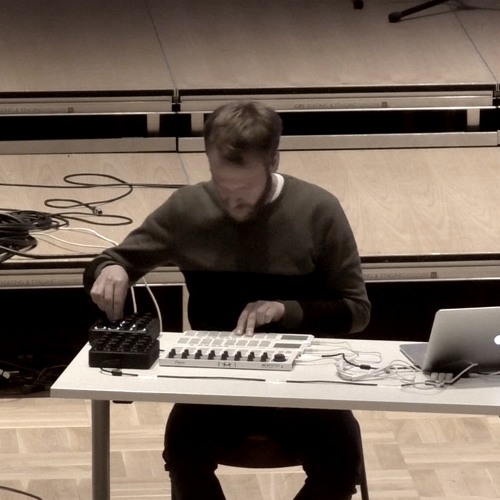
Speaker: Dr Erik Nyström
Composer and Performer
Leverhulme Research Fellow at The University of Birmingham
Date: Wednesday 15th November 2017
Time: 2:00PM-3:00PM
Room: Lawrence LT, Poole House, Talbot Campus
Abstract
This session uses the author’s live computer music work Spheroid as point of departure for discussing an approach to electronic music practice based on real-time composition/performance of spatial texture interior, also branching out into related topics of synthesis, spatiality and ontology of sound.
Presenting research undertaken as part of a Leverhulme Early Career Fellowship at University of Birmingham, the lecture engages in both practical and conceptual reflection on how an ostensibly acousmatic sonic terrain responds to the composition of potential rather than fixed morphology, describing a step towards a practice which attempts at achieving the richness and complexity of studio-composed multichannel music in a format that is entirely real-time and not reliant on absolute structure. This reflects a central aesthetic and conceptual emphasis on music as a process of becoming, where notions of composer, performer, material, structure, are all considered part of a synthesis which has no independent elements. The ‘spheroid’, described both as an irregularly revolving algorithm for textural growth, embedding and responding to performance, and as the physical and virtual sphere of interaction between human, nature and technology, also invites some interdisciplinary modes of thinking concerning the ‘human’ in the music of our age.
Biography
Erik Nyström is a composer and performer whose output includes live computer music, electroacoustic works, and sound installations. He is currently a Leverhulme Research Fellow at Birmingham Electro-Acoustic Sound Theatre, University of Birmingham, UK, developing new aesthetic and technological approaches for spatial texture synthesis in composition and performance. His studies include a PhD in electroacoustic composition with Denis Smalley at City University, London, and computer music at CCMIX, Paris. He performs frequently worldwide and his music has been released by empreintes DIGITALes.
We hope to see you there.
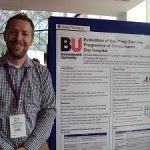




 n Sunday BU and RSPB staff along with volunteers from SUBU enjoyed hearing what young people under 12 years old thought about about being outdoors.
n Sunday BU and RSPB staff along with volunteers from SUBU enjoyed hearing what young people under 12 years old thought about about being outdoors. Recently, I was fortune enough to become the Research Assistant on the HEIF-6 project run by Dr Ben Hicks. This is a one year project that aims to develop and evaluate a free Virtual Learning Environment tool that will support practitioners and care home staff wishing to use commercial gaming technology (iPads, Nintendo Wii) with people with dementia and their care partners. We have a number of experts involved in the research, such as Dr Samuel Nyman from Psychology Department and ADRC, Professor Wen Tang from Department of Creative Technology, Dr Sarah Thomas who is Deputy Director BUCRU and Dr Clare Cutler who is Research Skills and Development Officer. We also collaborate with Alive! who are a charity dedicated to improving the lives of older people and people with dementia through delivering innovative activities (e.g. the use of technology) and training dementia care practitioners. They work with 350 Care Homes and Day Centers across the South West of England and we are lucky to have Malcolm Burgin onboard who as the Regional Manager of Alive!.
Recently, I was fortune enough to become the Research Assistant on the HEIF-6 project run by Dr Ben Hicks. This is a one year project that aims to develop and evaluate a free Virtual Learning Environment tool that will support practitioners and care home staff wishing to use commercial gaming technology (iPads, Nintendo Wii) with people with dementia and their care partners. We have a number of experts involved in the research, such as Dr Samuel Nyman from Psychology Department and ADRC, Professor Wen Tang from Department of Creative Technology, Dr Sarah Thomas who is Deputy Director BUCRU and Dr Clare Cutler who is Research Skills and Development Officer. We also collaborate with Alive! who are a charity dedicated to improving the lives of older people and people with dementia through delivering innovative activities (e.g. the use of technology) and training dementia care practitioners. They work with 350 Care Homes and Day Centers across the South West of England and we are lucky to have Malcolm Burgin onboard who as the Regional Manager of Alive!. 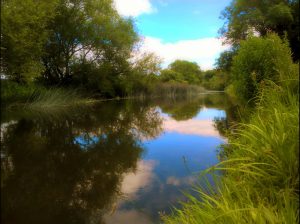








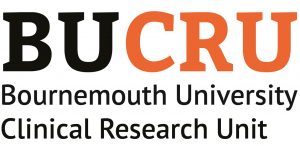
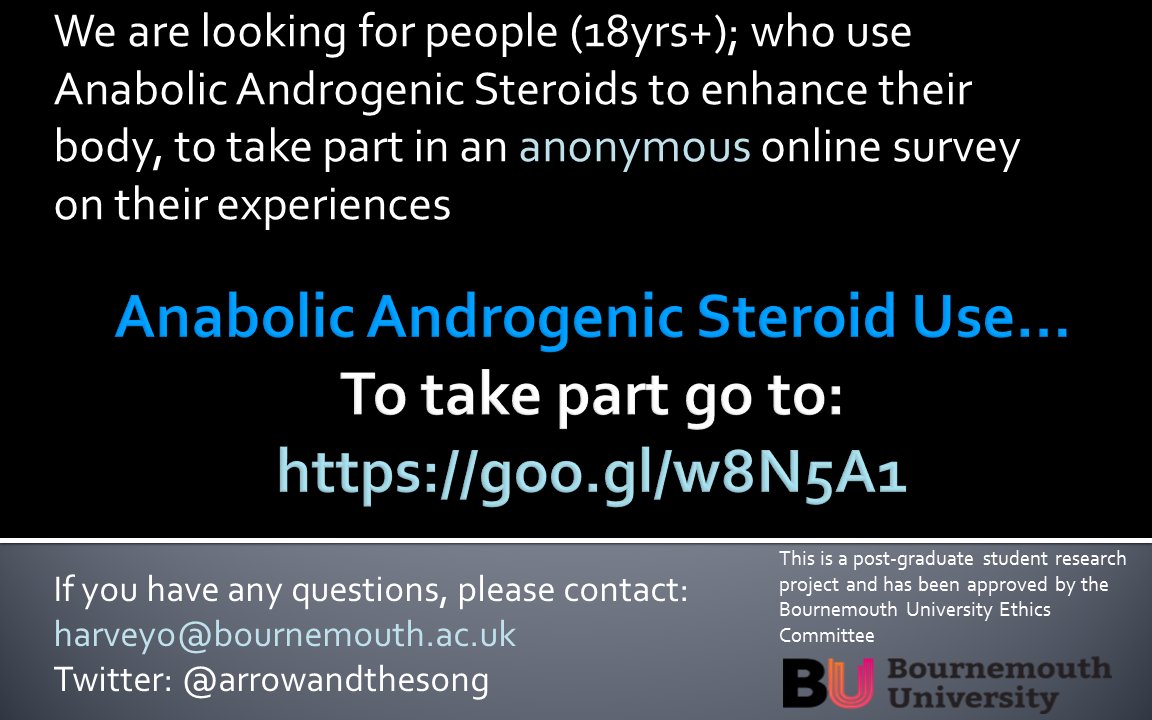

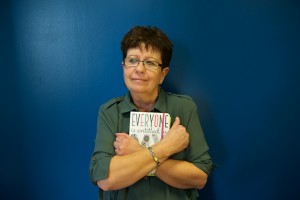 we were fortunate to be included in the programme for
we were fortunate to be included in the programme for 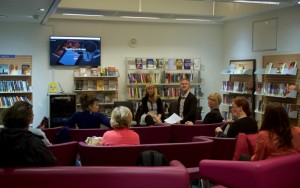 planned for December 15 in Brighton’s Media Centre. Here we will be featuring the stories we are producing based on photographs and audio recordings captured during the workshops. We will also be hearing from some of the storytellers from all three workshops (Bournemouth, Brighton and Sheffield) about their experiences of the workshops and how this opportunity has opened new doors for them.
planned for December 15 in Brighton’s Media Centre. Here we will be featuring the stories we are producing based on photographs and audio recordings captured during the workshops. We will also be hearing from some of the storytellers from all three workshops (Bournemouth, Brighton and Sheffield) about their experiences of the workshops and how this opportunity has opened new doors for them.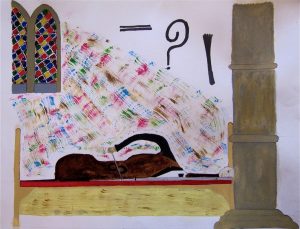 Dr Caroline Ellis-Hill from the Centre for Qualitative Research
Dr Caroline Ellis-Hill from the Centre for Qualitative Research  Microscopic investigations of water samples from the half-barrel pond in Christchurch House courtyard have revealed a menagerie of single-celled life. These tiny organisms (smaller than one tenth of a millimetre) are incredibly important as they form the basis of food webs. They also play a major role in maintaining water quality as they feed on bacteria, and stalked species such as Vorticella (image) are responsible for their removal in waste-water treatment plants. The half-barrel “pond” may be almost as small as its inhabitants but it promises to become a treasure of local ‘hidden’ biodiversity!
Microscopic investigations of water samples from the half-barrel pond in Christchurch House courtyard have revealed a menagerie of single-celled life. These tiny organisms (smaller than one tenth of a millimetre) are incredibly important as they form the basis of food webs. They also play a major role in maintaining water quality as they feed on bacteria, and stalked species such as Vorticella (image) are responsible for their removal in waste-water treatment plants. The half-barrel “pond” may be almost as small as its inhabitants but it promises to become a treasure of local ‘hidden’ biodiversity!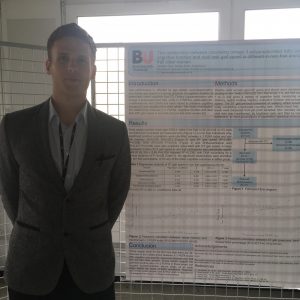 I was given the opportunity to present some preliminary results from an ongoing study I am conducting as part of my PhD, looking into the effects of a multi-nutrient omega-3 fatty acid supplement and exercise on mobility and cognitive function in ladies aged 60+. Analysis of the baseline data revealed relationships between levels of omega-3 fatty acids in the blood with cognitive and gait outcomes, however this effect differed between non-frail and pre-frail participants.
I was given the opportunity to present some preliminary results from an ongoing study I am conducting as part of my PhD, looking into the effects of a multi-nutrient omega-3 fatty acid supplement and exercise on mobility and cognitive function in ladies aged 60+. Analysis of the baseline data revealed relationships between levels of omega-3 fatty acids in the blood with cognitive and gait outcomes, however this effect differed between non-frail and pre-frail participants.










 Conversation article: London Marathon – how visually impaired people run
Conversation article: London Marathon – how visually impaired people run Horizon Europe News – December 2023
Horizon Europe News – December 2023